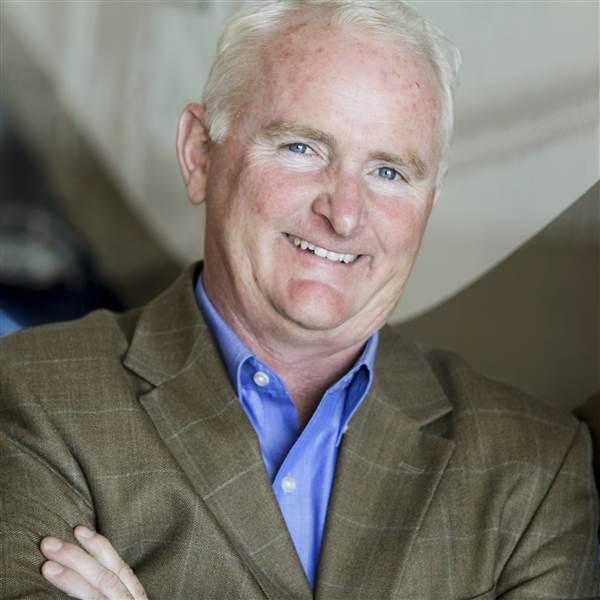President's Position: Reauthorization in the Balance
General aviation needs more than the status quo
 With the upcoming presidential election getting ever closer, and the politics getting more heated, it can be hard to remember that there’s anything else going on in Washington, D.C. But when it comes to action on Capitol Hill, there’s one word that should be top of mind for pilots: reauthorization. That’s the sometimes confounding process by which Congress sets guidelines and priorities for a federal agency—in this case, the FAA.
With the upcoming presidential election getting ever closer, and the politics getting more heated, it can be hard to remember that there’s anything else going on in Washington, D.C. But when it comes to action on Capitol Hill, there’s one word that should be top of mind for pilots: reauthorization. That’s the sometimes confounding process by which Congress sets guidelines and priorities for a federal agency—in this case, the FAA.
As I write, we’re in the middle of the process, and, after two short-term extensions, Congress now has until July 15 to reach agreement on reauthorization legislation or come up with another extension.
Both the House and Senate have introduced reauthorization bills, but they differ in some very significant ways. The House bill would last six years and includes user fees on some parts of general aviation, along with plans to privatize air traffic control services. That bill passed out of the House Transportation and Infrastructure Committee in February but then stalled amid questions surrounding the air traffic privatization provision. The Senate bill would last until September 30, 2017, and includes neither user fees nor privatization. It, too, passed out of committee—the Senate Commerce Committee—and should see action in the Senate prior to July 15.
Both bills include third class medical reform—although they use different language—and they both would provide increases in funding for Airport Improvement Program grants, support for continued research into unleaded aviation fuels, and reforms to ensure that we can increase safety by making it easier to put modern avionics and safety equipment into older aircraft.
If lawmakers don’t meet the July 15 deadline, it’s unclear whether there will be enough time in the House and Senate calendars to get reauthorization done before the election, making it increasingly likely that we could see another extension of current law.
If this sounds familiar, it should. None of us in the GA industry can forget the last reauthorization process. We endured 23 short-term extensions, stretching from 2009 into 2012, before we finally got reauthorization legislation. Each extension kept the FAA running, but it also prevented the agency from really gaining ground on big, long-term, capital-intensive projects such as NextGen modernization. And it meant that the agency couldn’t make needed adjustments to reflect the changing environment and technology of the day.
The fact is that it’s time to make some changes to the way the FAA does business, and the agency needs to have a stable funding source in order to make those changes. Without reauthorization, the FAA has no choice but to limp along with the status quo.
Getting reauthorization done is very important, but we don’t want it at any cost. Our bottom line is the same: AOPA won’t tolerate user fees in any form for any segment of general aviation. Our current system of excise taxes is efficient, and it works. With so much that's broken in the system, it really doesn’t make sense to try to fix what isn’t—especially when we’ve seen the devastating consequences that user fees have had on GA in other countries.
So with reauthorization hanging in the balance, the question for many pilots is, “Where does that leave third class medical reform?” As far as I’m concerned, that’s an issue that’s too important to languish while Congress sorts through the complexities of the FAA’s $16 billion budget. That’s why we’re continuing to work with lawmakers to get standalone legislation through Congress. We’ve had standalone bills introduced in both the House and the Senate; we’ve had House and Senate committees approve third class reform; and, as I mentioned earlier, both the House and Senate FAA reauthorization proposals include third class medical reform. In December, the full Senate passed the Pilot’s Bill of Rights 2, which includes third class medical reform, making way for the House to take up the measure. We continue to grow support for the legislation, with additional members signing on as co-sponsors.
There are never any guarantees in the complicated and difficult legislative process. However, we can guarantee that we will pursue it doggedly. Medical reform is a top priority for our members, and it’s a top priority for me, too.
Email [email protected]
AOPA President Mark Baker has testified before congressional committees on topics including medical reform and airport funding.

